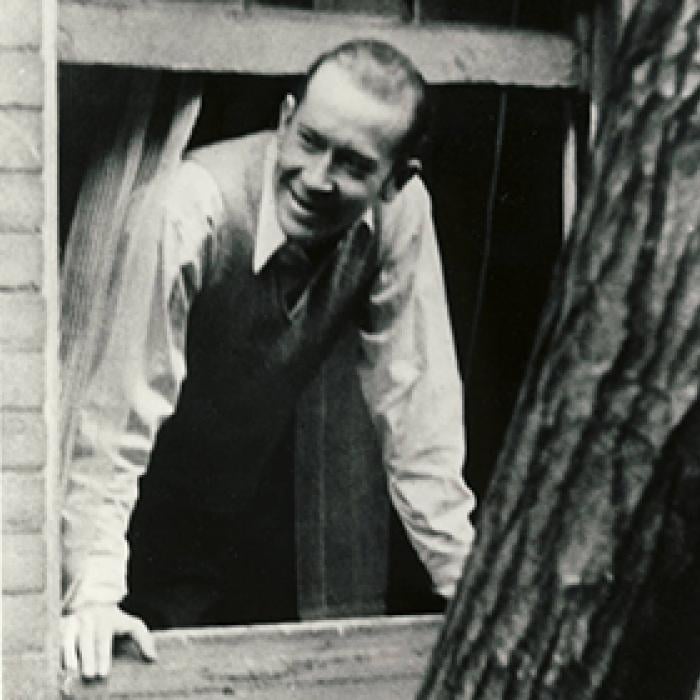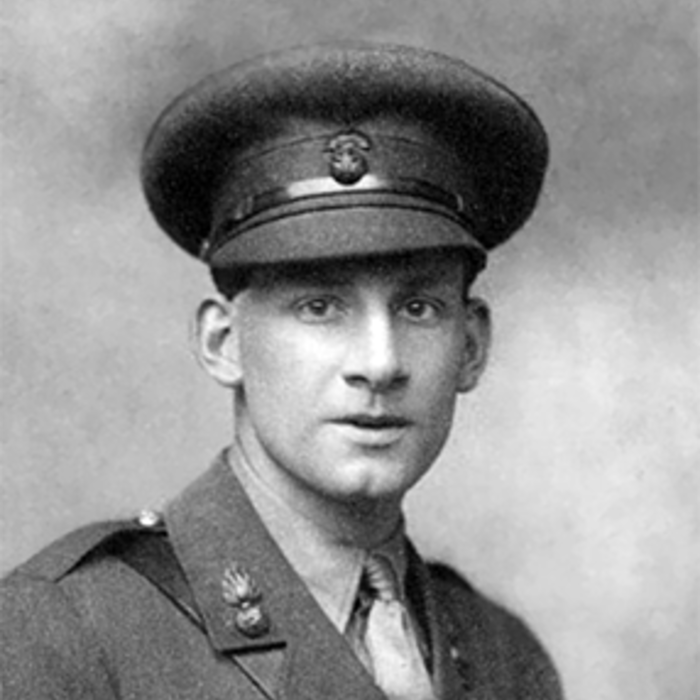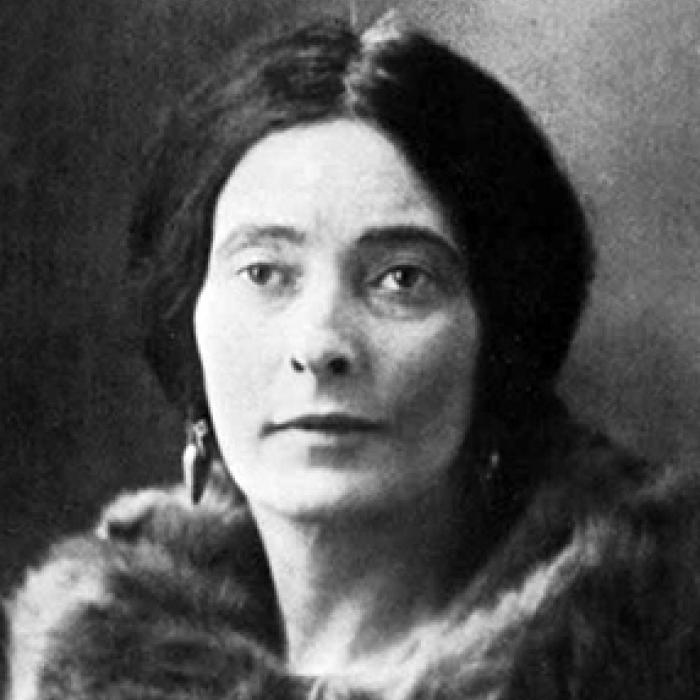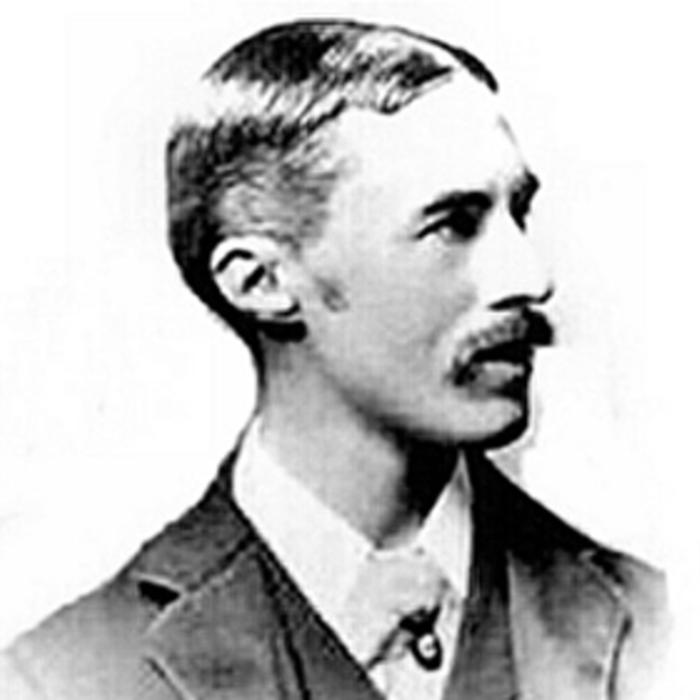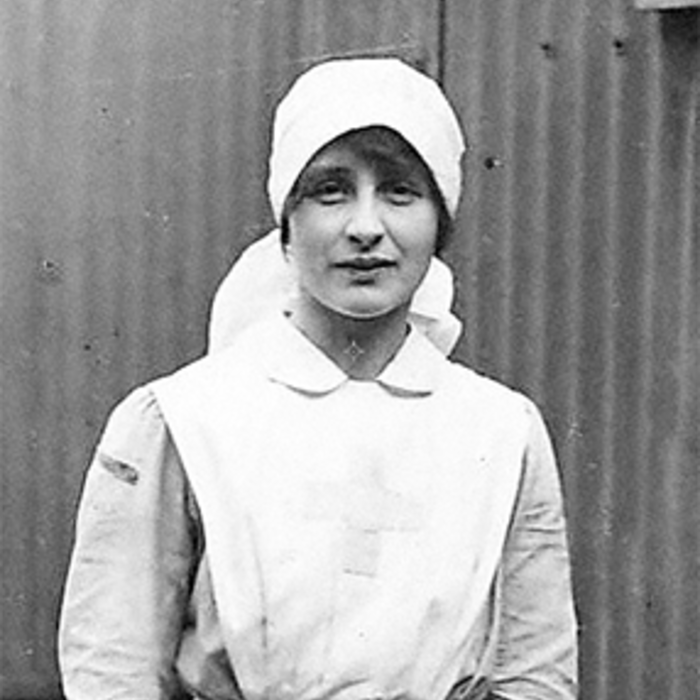Robert W. Service
Robert William Service, the renowned poet of the Yukon, was born in Lancashire, England, on January 16, 1874. The son of a bank cashier, Service was the eldest of four siblings. At the age of five, Service went to Scotland to live with his grandfather and three young aunts, who showered him with attention. A year later, on his sixth birthday, he wrote his first poem. Service rejoined his family in 1883 when they moved north to Glasgow. He attended several of Scotland’s finest schools, where he developed a deep interest in books and poetry, along with a sharp wit and a way with words. A well-rounded teenager, Service also played fullback on his high school’s rugby team.
Service’s innate curiosity and fondness for adventure stories inspired an urge to travel—to go off to sea and to see the world. Although his parents discouraged this adolescent ambition, his desire wasn’t extinguished (and would one day be fulfilled). Service bided his time with assorted jobs—one at a shipping office that soon closed down, then another following his father’s footsteps in a position at a suburban branch of the Commercial Bank of Scotland. Working under light supervision, Service managed to pass the day with reading material he’d snuck in: Robert Browning, Lord, Alfred Tennyson, and John Keats.
Service became an excellent student of poetry, and attended the University of Glasgow to study English literature. He was quickly identified as one of the brightest in his class, though he also proved to be a bit audacious. His essay on Ophelia’s questionable “purity” in Hamlet was received with disgust by his professor, who called Service’s interpretation of the text obscene. Not content with such a response, Service challenged the professor to a fight outside the classroom; the challenge was declined. After a year, the embittered young poet left the university.
Soon Service’s interests realigned with his aims for adventure. His reading turned to Rudyard Kipling and Robert Louis Stevenson, and their stories of world explorers in search of fortune and, more importantly, their identity. In 1895, at the age of twenty-one, with a significant amount of savings, Service announced his dream of going to western Canada to become a cowboy. He soon set sail for Montréal with only his suitcase and a letter of reference from the bank.
Upon arrival, Service took a train across Canada to Vancouver Island, where he lived for many years and gathered much of the material for what became his most celebrated poems. Many of his experiences working on cowboy ranches, and the colorful personalities he met during his travels around the West, eventually found their place in his work.
Numerous publications followed, including Songs of a Sourdough, published in 1907, which won wide acclaim. Service’s forty-five verse collections accumulated over one thousand poems, the most famous of which include “The Cremation of Sam McGee,” “The Shooting of Dan McGrew,” and “The Men That Don’t Fit In.” To add to his poetic output, Service wrote two autobiographies, Harper of Heaven (Dodd, Mead & Company, 1948) and Ploughman of the Moon (Dodd, Mead & Company, 1945), as well as six novels. His poem about Dan McGrew and several of his novels were adapted to film. The poet himself managed even to garner an acting credit, appearing briefly opposite Marlene Dietrich in the 1942 movie The Spoilers.
Service served as an ambulance driver during World War I, after which he published Rhymes of a Red Cross Man (Barse & Hopkins, 1916), a collection of mostly war poems. He later married a French woman, Germaine Bougeoin, and the two lived in Europe, mainly in the south of France, until the poet’s death in 1958. By then, his prolific and prosperous career in poetry had earned him the distinction—as stated in an obituary in the Pittsburgh Sun-Telegraph—as “the people’s poet.”
Robert Service died in Lancieux, France, on September 11, 1958.

